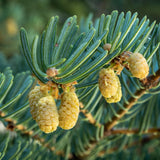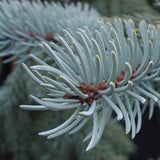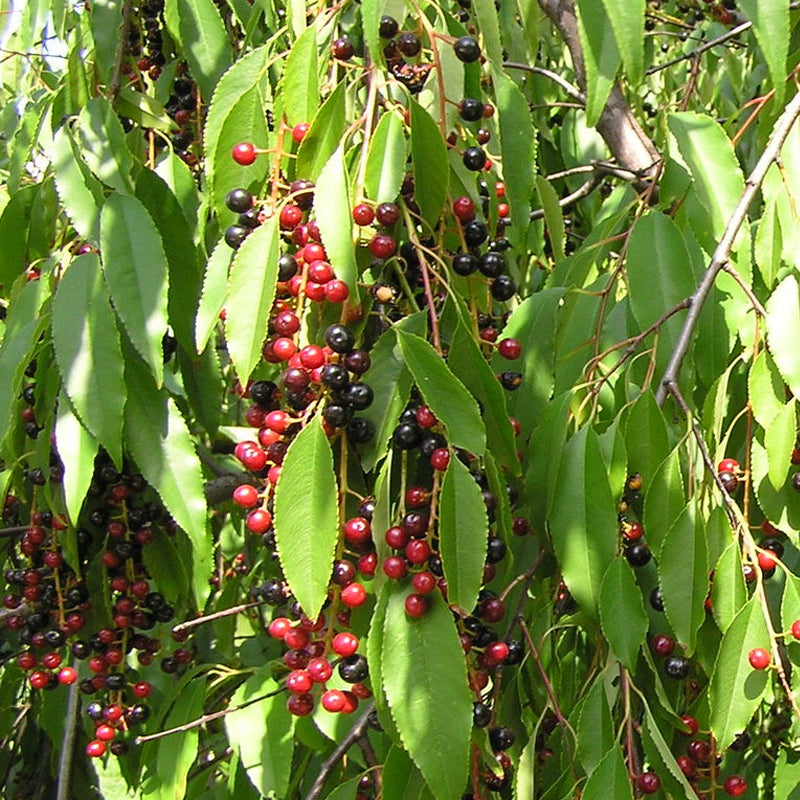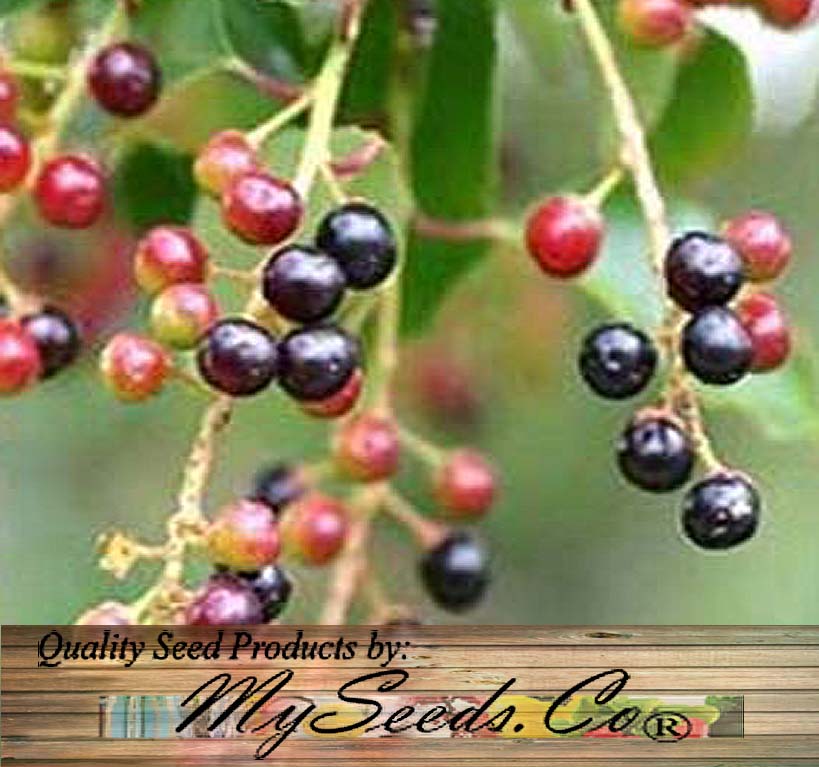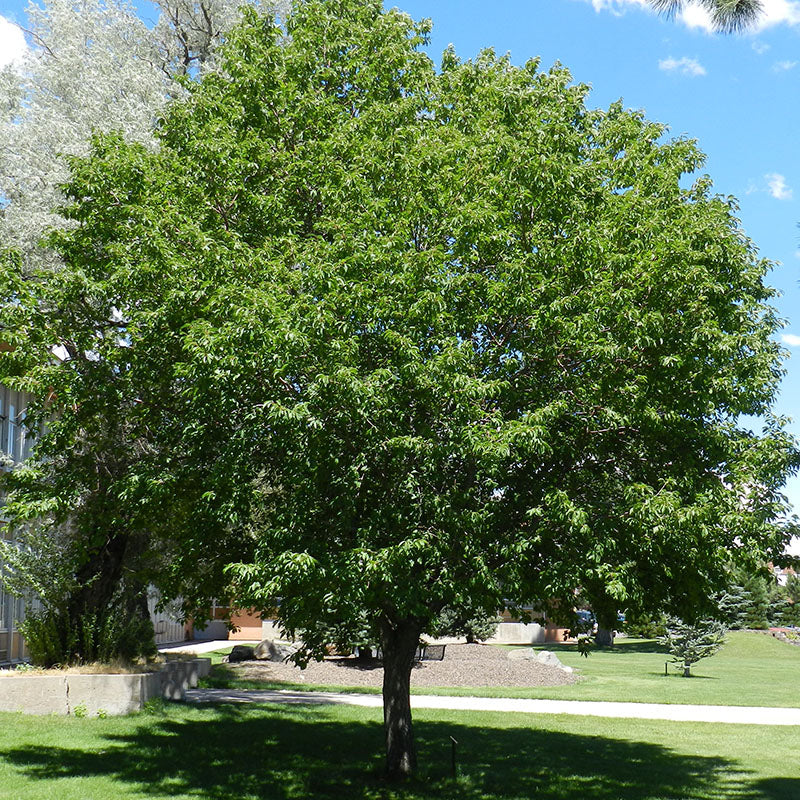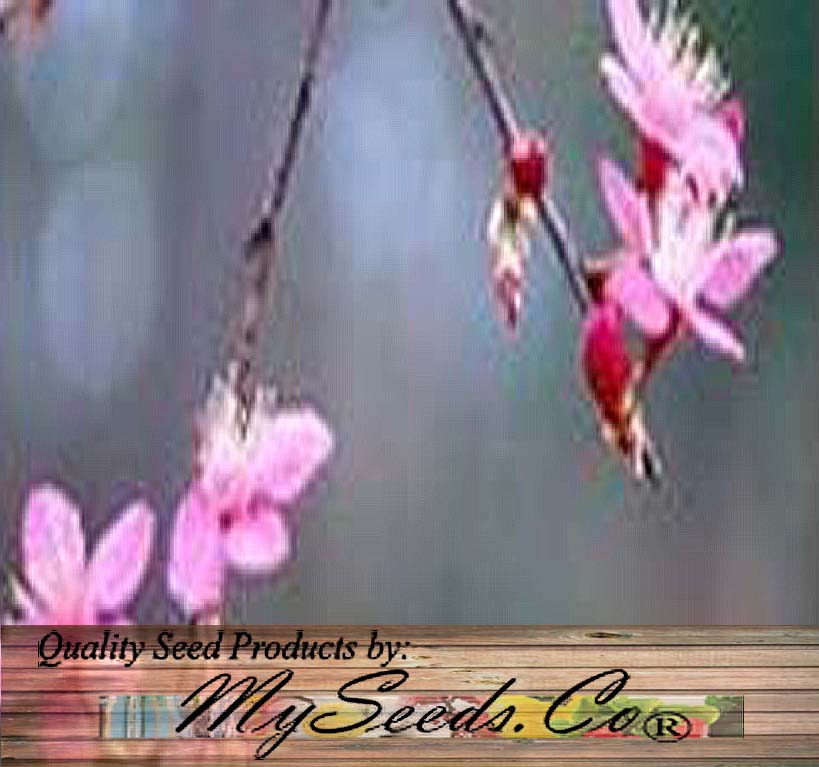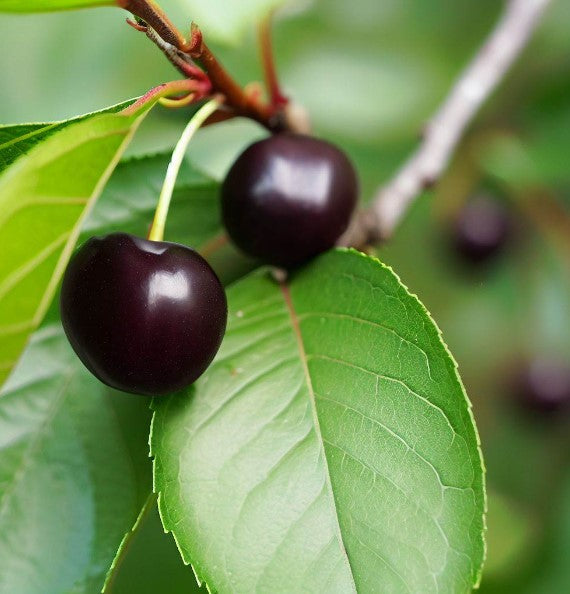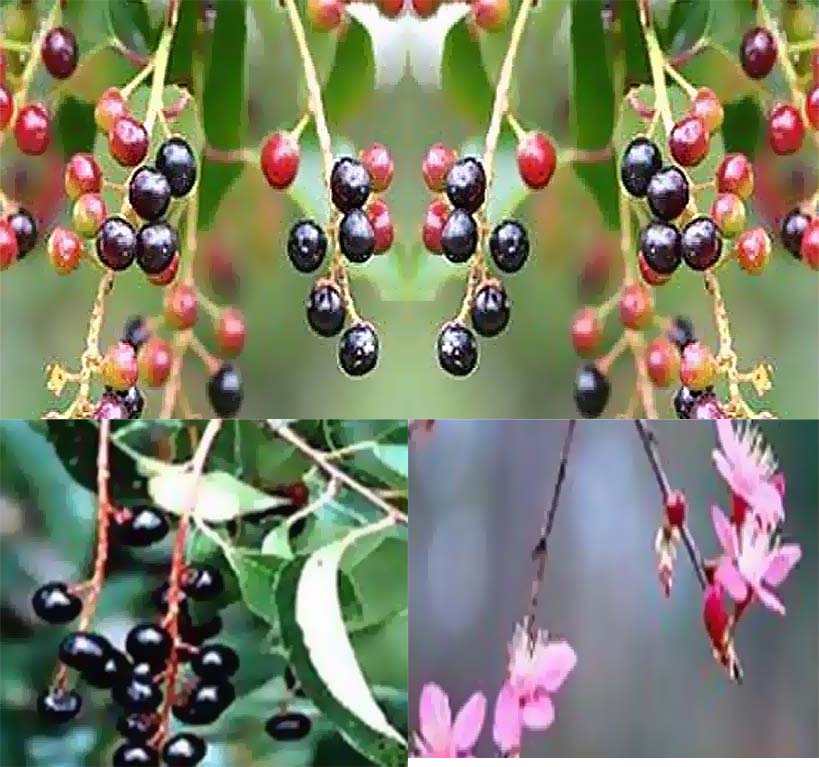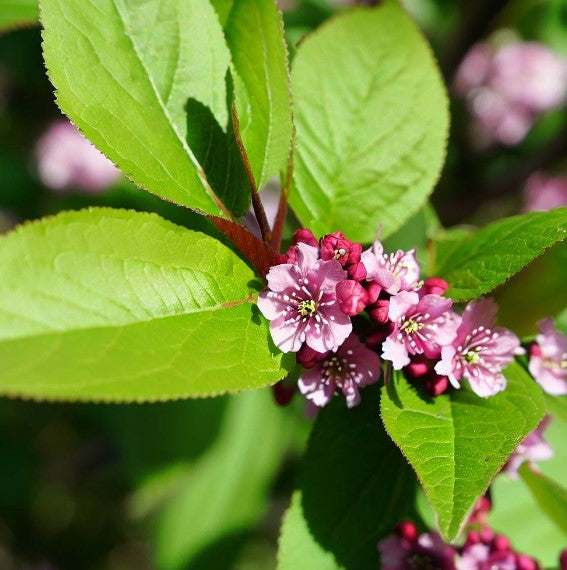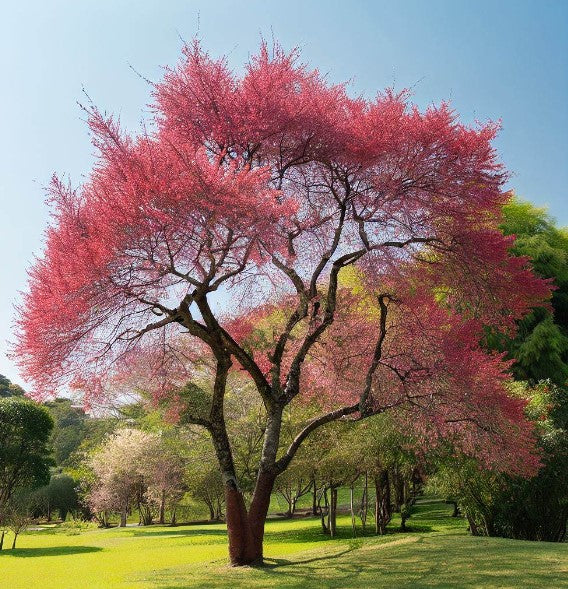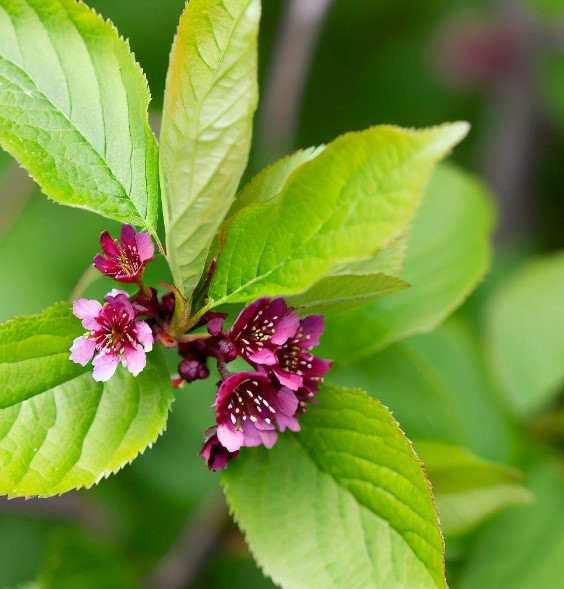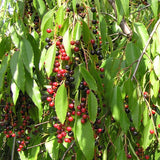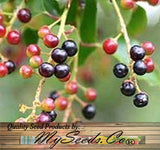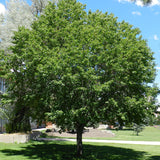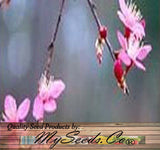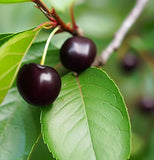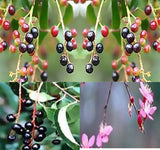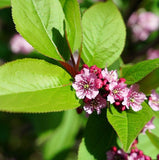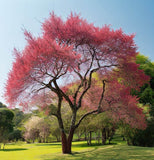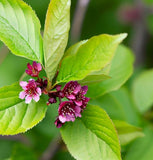Prunus serotina (Black Cherry) Seedlings & Transplants Available for Spring Shipping
Seedlings & Transplants are shipped each Spring starting in Late March to Early April.
Spring Shipment Stops towards end of Spring. First come first Served. Any Orders placed after this Time frame will be shipped out the following Spring season.
NO shipping to AK, AZ, CA or HI
Bare-Root Size available:
12-18" Seedlings
2-3 ft Seedlings
Successful Planting Steps:
(1) Dig planting hole approximately 10% wider and deeper than seedling size.
(2) Plant Plug(s) and ensure top of plug is level with soil, back fill hole, and top with mulch. Keep mulch at least 1" away from plant stem.
(3) Water thoroughly at time of planting
(4) Use cage (or fence) as needed to prevent animal damage.
(5) Weekly watering is required until new growth is observed. Best practice is to deep soak the seeding once a week, on top of the every other day light watering. During hot/dry days, additional watering may be needed.
****************************************************************************************
Prunus serotina (Black Cherry) is a species of deciduous tree native to North America. It is a member of the Rosaceae family and is widely distributed across eastern and central parts of the continent. Black Cherry is known for its dark, lustrous bark, fragrant flowers, and edible fruit. It has both economic and ecological significance. The Black Cherry is a medium to large-sized tree that can reach heights of 15-30 meters (50-100 feet) or more. It has a straight trunk with a narrow, pyramidal to rounded crown. The tree typically develops a well-formed and symmetrical shape.
Leaves: The leaves of Prunus serotina are simple, alternate, and elliptical in shape. They are dark green and glossy on the upper surface and lighter green beneath. The margins of the leaves have finely serrated edges. In the autumn, the leaves turn yellow to reddish-brown before they fall.
Flowers: Black Cherry produces fragrant flowers that are arranged in elongated clusters called racemes. Each flower has five white petals and numerous stamens. The flowers bloom in late spring to early summer, usually around May or June. They provide a valuable source of nectar for bees and other pollinators.
Fruits: The fruit of Prunus serotina is a small, round drupe that is initially green but turns dark purple to black when ripe. The cherries are about 1 centimeter (0.4 inches) in diameter and have a sweet or slightly bitter taste. They are consumed by birds and other wildlife, which help disperse the seeds. The fruit is also used in culinary applications, such as in pies, jams, and beverages.
Bark: The bark of Black Cherry is one of its distinguishing features. It is smooth and dark gray when young but becomes rough, scaly, and dark with age. The bark develops horizontal lenticels, giving it a distinctive pattern. The inner bark has a strong almond-like aroma when damaged.
Wood and Utilization: Black Cherry wood is highly valued for its strength, hardness, and rich reddish-brown color. It is used in the production of furniture, cabinetry, veneers, musical instruments, and other high-quality wood products. The wood has a straight grain and polishes well.
Botanical Name : Prunus serotina
Common Name : Black Cherry
Height : 20- 30 ft
Spread : 15- 25 ft
Germination Info : Seed requires 90-120 days cold moist stratification
Hardiness zone : 4-8
Other info : Other Info: valuable wood is used particularly for furniture, paneling, professional and scientific instruments, handles, and toys
Average seed per ounce : Approx. 300

